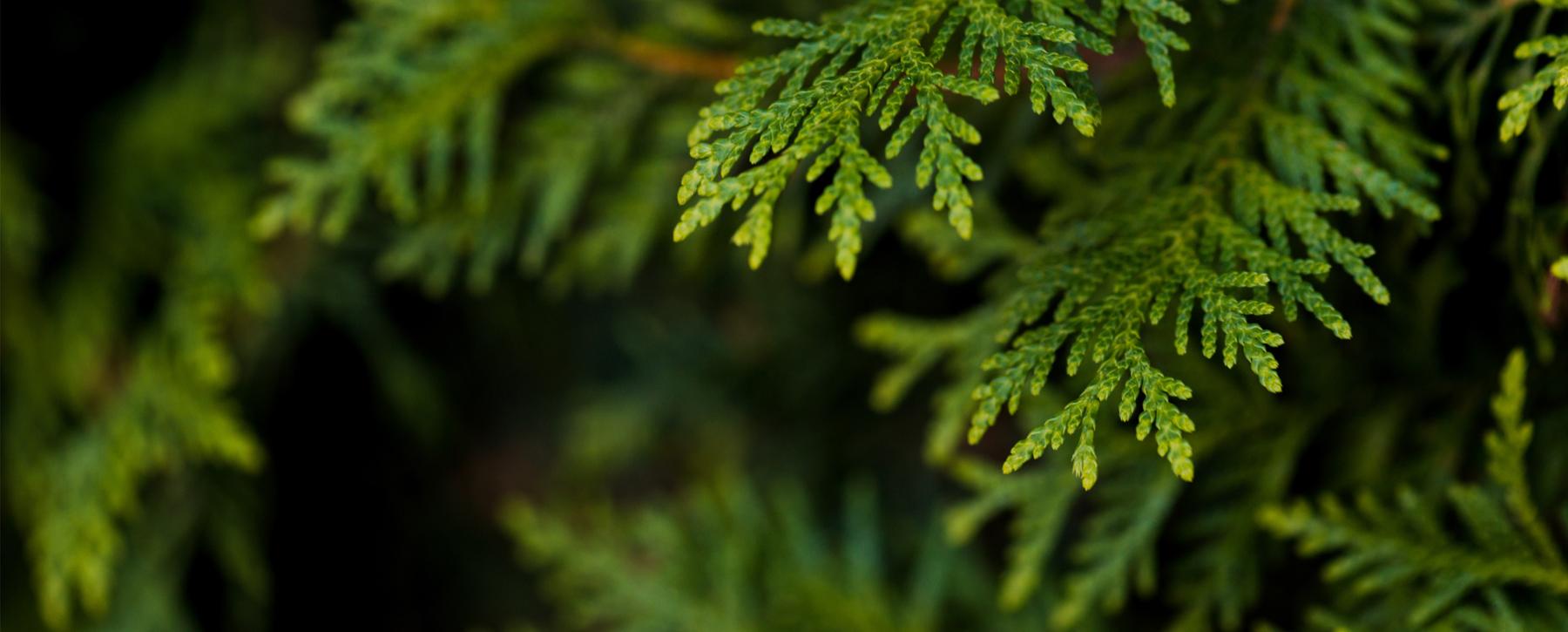A library-based institute of advanced studies
The ever-increasing pace of technological development is profoundly impacting the health and well-being of humanity and our environment. While some impacts are discipline-specific, many are common across fields. As such, valuable insights from one domain can greatly benefit others. As the university’s academic commons, libraries are hubs of digital transformation, providing physical and digital spaces, expertise, access to knowledge, and the convening power to accelerate transdisciplinary research and build intellectual community. Thus, academic libraries are catalysts for innovation and creativity, breaking down research silos across the university.
About the Kula Academy
Positioned at the intersection of disciplines, university libraries are ideally situated to collaborate with Faculties, Research Offices, centers, and academic support services. Libraries facilitate collaboration and engagement across domains, creating unique opportunities to address global issues, integrate new technologies to enhance scholarly processes, promote innovation, and advance the university’s mission.
UVic Libraries’ Kula: Library Futures Academy exemplifies this role as a transdisciplinary collider space, incubator of innovative ideas, and test bed for new technologies, methods, and practices in research.
The Kula Academy acknowledges the evolving role of the academic library in university research by leveraging creative scholarship and imaginative thinking to positively impact people and the planet. It explores the foundational, historical, and theoretical intersections of technology and knowledge production in human culture and society.
We celebrate and promote the joy and power of collaborative research and learning at local, regional, national, and international levels. Librarians, archivists, and library staff work alongside faculty, researchers, students, staff, and community and industry thought leaders to this end.
Kula-related initiatives
The Kula Academy is involved in many collaborative projects and initiatives. Learn more about what we're currently working on.Support Kula
Kula Academy is made possible thanks to the vision and significant support of Dr. Brian R Gaines and Dr. Mildred L G Shaw.
To support the Kula Academy please contact Jonathan Bengtson, University Librarian.

Territory acknowledgement
We acknowledge and respect the Lək̓ʷəŋən (Songhees and Xʷsepsəm/Esquimalt) Peoples on whose territory the university stands, and the Lək̓ʷəŋən and W̱SÁNEĆ Peoples whose historical relationships with the land continue to this day.

